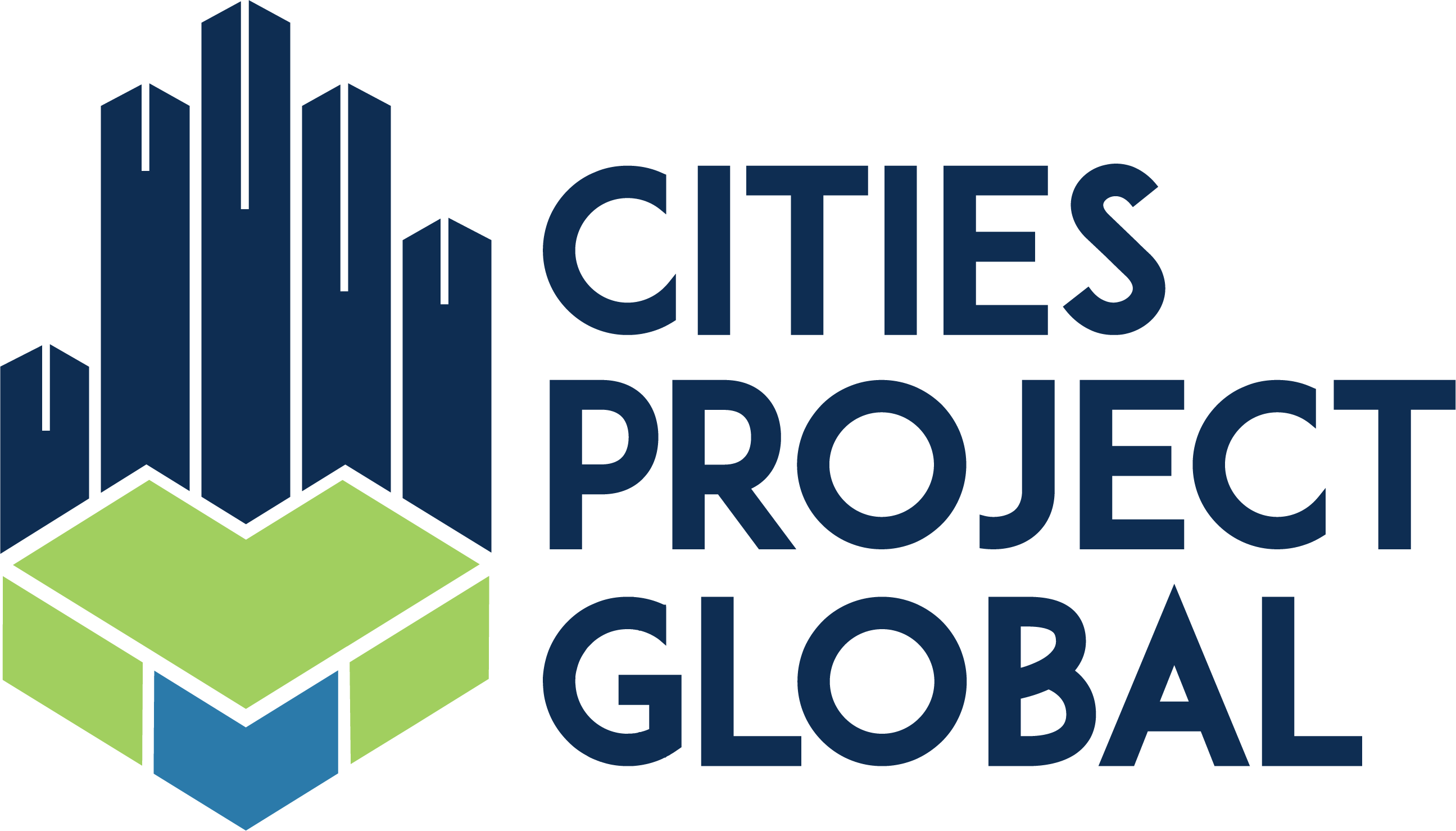You don’t have to search the Bible for very long to find passages highlighting the value and importance of community:
“Encourage one another and build one another up.” (1 Thessalonians 5:11)
“Iron sharpens iron, and one man sharpens another.” (Proverbs 27:27)
“Bear one another’s burdens, and so fulfill the law of Christ. (Galatians 6:2)
It’s evident that personal growth happens in community; the power of relationships and different perspectives contribute to each individuals’ unique realization of their God-given purpose and calling. The loving presence of peers offers support and accountability. Being in community with believers is the foundation of church, small groups, and entire organizations.
But what about the power of being in community with people of differing beliefs?
Finding—and inviting—common ground
In truth, many Christians take a cautious approach toward getting close to people of differing beliefs. This often comes down to various fear-based reasons, leading to attempts to convert rather than befriend, and being known for what we are against rather than what we are for. But rather than taking time to disparage this reality, let’s focus on picturing what our relationships should look like instead, and how we can approach them in a loving, spirit-led way.
Evangelism is always important, but relating to others only with the intent to convert will always carry the message, “You should believe like I believe.” This is, put simply, a turn-off to most people. If someone approached you with the intent to advertise something or convince you to be a certain way, but never took the time to get to know you and what you care about, it’s probably unlikely that you’d be interested in what they were offering.
But when we show, “I care about what you care about,” we find common ground through the common good. The common good, understood simply as the general well being and flourishing of all, is not the exclusive domain of Christians. All people—from different backgrounds and faiths—are responsible for (and have a deep interest in) stewarding the common good. From our small group study, VantagePoint:
We live our lives in a shared public space and we share that space, our community, with people who represent all types of faith and ideologies. This pluralistic society means that we share responsibility for the common good with people who may have very different views than we do.
We may have to live counter-culturally to some elements of what society is practicing broadly. However, there are many areas where we would share commonality in such things as justice, education, or public health. Grace needs to abound in these relationships.
We are called to build and bless our communities around these efforts. Daniel worked in Babylon’s government sphere for years, leading to blessings on the city and its inhabitants. Similarly, Joseph worked with the Egyptian authorities to protect the nation against famine. These are both examples of beliefs guiding action and partnership with others.
And perhaps not unexpectedly, when others have the opportunity to witness our beliefs in action, it is often then that they become receptive to those beliefs—and that is also evangelism.
The common ground you stand on
Understanding and honing your unique giftings is just one part of living into your calling. And it’s true that this understanding and growth often comes from being in community with other believers.
But working in community with those of different backgrounds is also crucial to living out your calling and building the common good and God’s kingdom on earth.
When you look at your city, town, or community, what opportunities do you see for redemption? Where does the common good need to be served? And who do you see standing on common ground, caring about the same things you care about?
If you’re ready to start exploring God’s place for you in his story, and within your city or community, we invite you to consider our small group study, VantagePoint.


Recent Comments